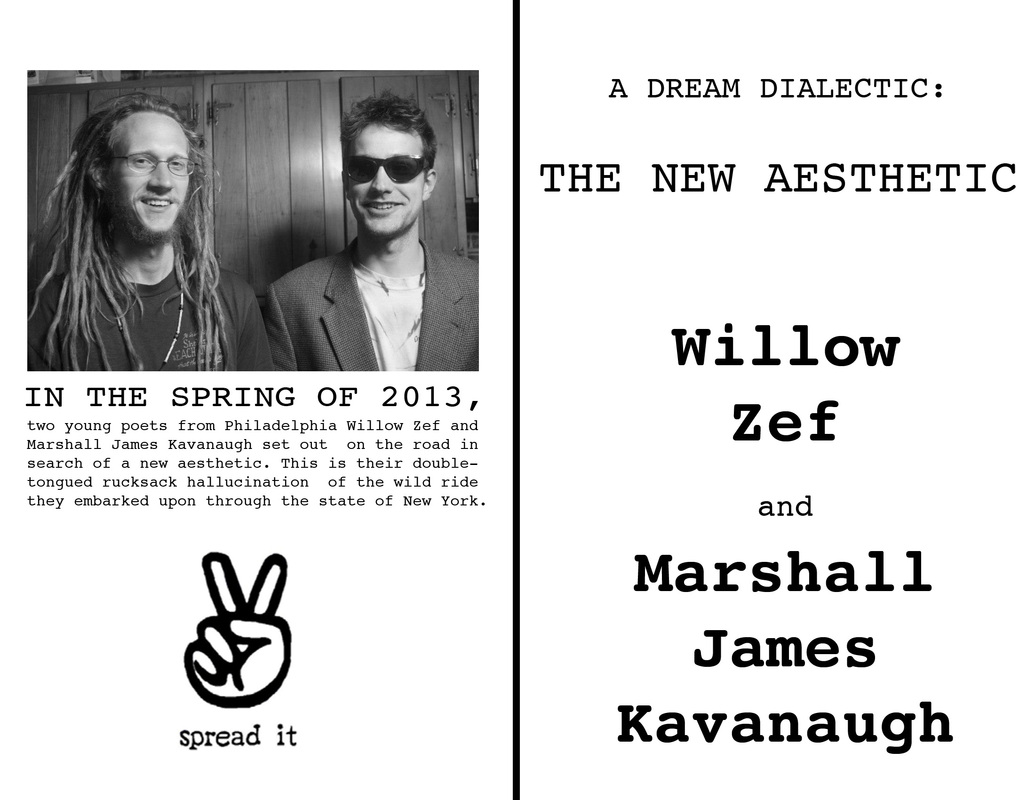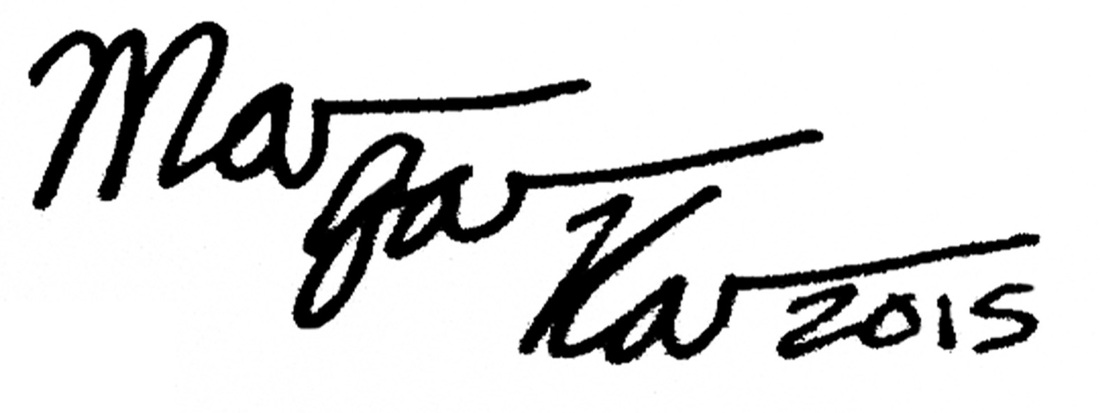Over the last year, one of the main criticisms our publication, The New Aesthetic has received is that even though the story it tells is grand and the philosophies it encounters are engaging, it's hard for many of our readers to feel completely included in this supposedly "new" way of being, when the pronouns it chooses are still mostly male-dominated. I mean, if this truly is The New Aesthetic, wouldn't the gender it expresses become increasingly self-identified and not stick to the limits of the English language? The answer is yes, of course! The limited language in previous editions of The New Aesthetic was more a consequence of Zef and I as writers trying to tell our story about our travels. And even though it loosely discussed the ideas of gender-bending and breaking down the status quo, it failed to make those aesthetics a part of the reader's experience. And, though the text mimicked a manifesto espousing the world of travel through an open lens, that openness got a little restricted when all the references to the Zen Lunatic or the Traveling Writer referred to this archetype as he. I am very grateful for all the feedback we received and I found it really encouraging that so many of our audience connected with the ideas of the writing, so much so that they wanted to help us to better express them. It really helped us push the language of the text through to the next layer and hopefully open it up too all of our readers and fellow travelers and many dreamers who share our love of this all-encompassing rêvelution that is slowly working its influence over our daily culture. It's with much excitement that we announce the 4th printing of Dream Dialectic: The New Aesthetic. In the interest of our "spread it" mantra, I have also uploaded a digital copy to our website (which you can click above) for your viewing and reading pleasure. You'll notice that previously masculine pronouns referring to the Zen Lunatic or any of the other archetypes have been changed to non-binary pronouns that express a sensitivity to how the reader chooses to self-identify with the character. I chose ve for the Zen Lunatic and the Traveling Writer because of its associations with sci-fi writing, and its tendency to be a polite gender-neutral pronoun in formal conversation. On the other hand, I used ze for the chapters on the Mystic and the Jester, because this writing is based more on personal experiences that Zef and I had, and ze has more of a casual usage. But the Mystic and the Jester are still archetypes that I think anyone could assume. In this new world, we are all Zen Lunatics and Mystics and Jesters and an infinite amount of other magical creatures and so I hope now the text properly includes us all in this beautiful world together. Finally, we look forward to the discussion that this new edition creates since the use of non-binary pronouns is still a hot topic and new territory for everyone. The pronouns are still being created and adapted by writers all over the country to better suit the public. This is an exciting time for language! Of course, any text that uses them is going to stir up better ideas and hopefully more ways to break out and find a better way to express these dreamy truths of being a wanderer in a constantly growing world. I can't wait! Marshall James Kavanaugh
0 Comments
Leave a Reply. |
||||||||||



 RSS Feed
RSS Feed
